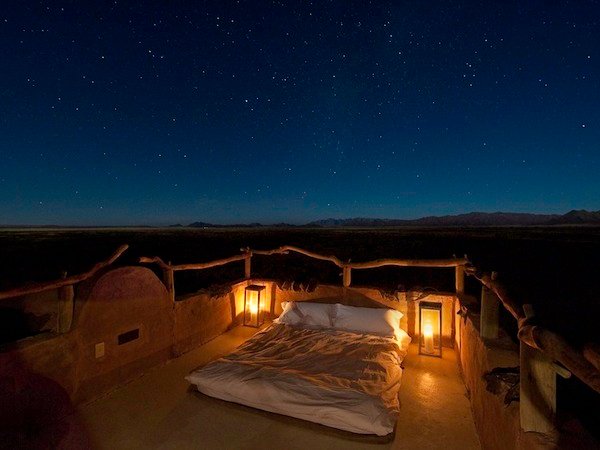Do You Have Insomnia? Here Is Something For You [edited]

Sleep deprivation can be a here and now or unending condition, yet it generally includes issues with nodding off or staying unconscious. Short-term (transient) a sleeping disorder can be created by sickness, stress, travel, or ecological elements. Long term (ceaseless) a sleeping disorder might be because of hidden mental or physical conditions.
Regardless of whether it’s brought on by stream slack, worry at work, a Netflix fixation, or simply your inner clock, there’s nothing fun about attempting to nod off. Any individual who’s been there knows late evenings spent hurling and swinging lead to caffeine-subordinate mornings, and the cycle can be horrendous.
However, another review by analysts at the University of Colorado, Boulder, says you ought to begin sparing that latte cash and put it towards a greatly improved cure: an end of the week outdoors trip.
The little contextual analysis found that nine individuals who spent an end of the week outdoors in the Rocky Mountains without their cherished electronics–compared to five who remained home–naturally nodded off up to 1.8 hours prior and woke up before, as well.
Rest hormone melatonin is discharged because of dimness, yet all the time we spend stuck to our telephones and PCs, among other unfortunate propensities, can distract its planning. The device free campers appreciated about 10 hours of rest every night, and considerably more essentially, scientists found that their melatonin discharge had moved after the test.
Also, in the event that you have a kind sized container of bug splash lying around and will invest somewhat additional energy out there, far and away superior outcomes were found in five campers who burned through six days in nature. Their melatonin was discharged 2.6 hours sooner than some time recently.
In spite of the fact that this review should be recreated on a bigger scale to grow more believable discoveries, it recommends that even a couple days living without simulated light could reset your circadian cadence and help you remain on a typical rest plan long after you’ve collapsed up your tent.
Be that as it may, imagine a scenario in which you can’t get an outdoors stumble on the date-book at any point in the near future. There’s something characteristically superb, fulfilling and reviving of navigating a traverse nature for a timeframe with only what you can bear on your back. From the strengthening sights to the tranquil snapshots of self-reflection, trekking and exploring the outside give various medical advantages going from physical to mental to profound.
Trekking can be as simple as strolling in your neighbourhood, or as troublesome as a mountain climb contingent upon one’s present physical action level. Dissimilar to the treadmill, trekking offers new view, distinctive landscape, and requires no hardware. Stress can upset your regular daily existence, bringing about medical issues and sorrow. Trekking is an incredible approach to decrease the worry in your life, in light of the arrival of endorphins, which are known to make us cheerful! Taking in the outside air and nature around you while trekking is an awesome approach to help enhance your emotional wellness, and it is accepted to likewise enhance memory and usefulness of the mind. Taking in the natural air, and additionally observing plants and creatures can likewise give you a superior energy about the world and a feeling of smoothness and satisfaction.
“In the event that we will probably have individuals resting at sensible circumstances so they’re not snoozing at work and school, there are things we can do in our day by day lives,” Kenneth Wright, executive of the chronobiology lab at UC Boulder, disclosed to The Guardian. “We would suggest getting more common daylight, and that could begin the day with a stroll outside, or bringing all the more light inside on the off chance that you can, or sitting by a window. As critical, however, is to



